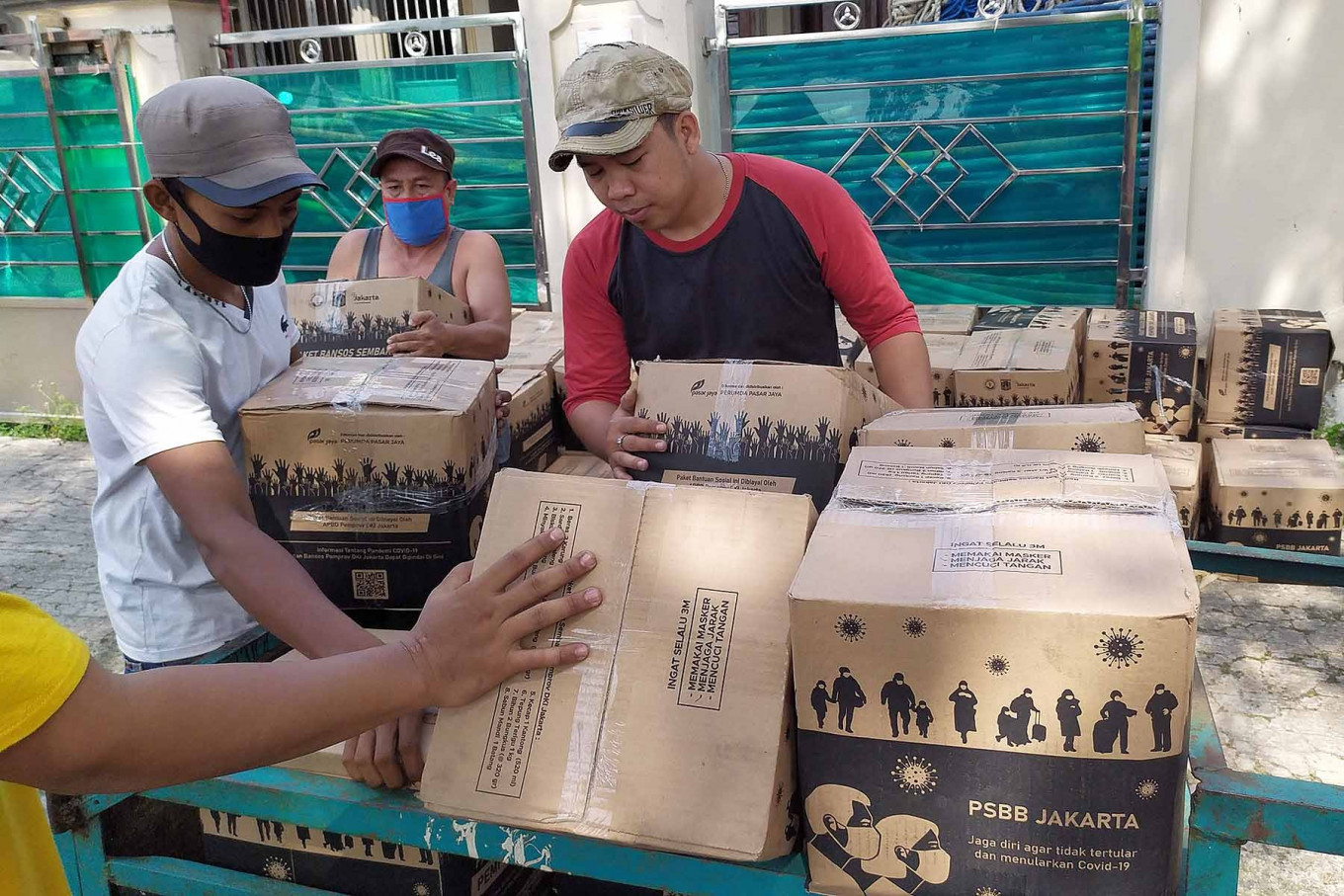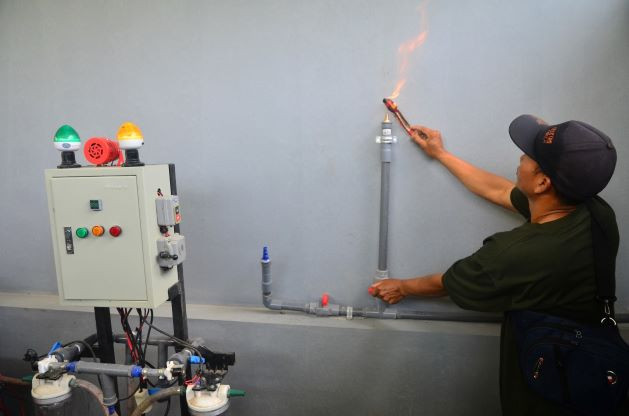Popular Reads
Top Results
Can't find what you're looking for?
View all search resultsPopular Reads
Top Results
Can't find what you're looking for?
View all search resultsLet them eat cake?
A proposed tax on staple foods would add insult to injury for those who have already been struggling during the prolonged economic slowdown.
Change text size
Gift Premium Articles
to Anyone
O
ne thing COVID-19 has taught governments and political leaders around the world is that helping the poor is the most sensible thing to do during this seemingly never-ending pandemic.
That is likely what drove leaders of major world economies to take fiscal action, like when United States President Joe Biden decided to sign the US$1.9 trillion COVID-19 relief bill into law in March.
The move was surprising considering Biden’s credentials as a centrist whom many expected to be a fiscal conservative. But he certainly knows that in a time of crisis, when millions of people have lost their jobs and wages because of virus lockdowns, being labeled an advocate for big government should not be the greatest concern.
From an ethical standpoint, handing out money to the poor – or those who have been suddenly impoverished by the economic impact of the pandemic – seems like the right thing to do, but it also makes economic sense.
As the private sector struggles to deal with the economic crisis, stimulus money from the government will certainly have its intended effect. Cash in people’s hands will allow them to continue living at an acceptable standard while they are locked up in their homes and unable to go to work.
In turn, that household spending will have a knock-on effect for the economy. Economists surveyed by the Wall Street Journal have predicted that stimulus money, combined with other COVID-19 spending, will cause the US’ gross domestic product to grow 6 percent this year.
There is, of course, the risk of overheating, but we can save that discussion for another day. The bottom line is that helping the poor helps the overall economy during a crisis.
It looks like President Joko “Jokowi” Widodo, who during his presidential campaign pledged to help the poor and the wong cilik (little people), now has a different philosophy of governance. At least this is what we can judge from the Finance Ministry’s plan to apply a value-added tax to staple foods and other basic foodstuffs.
In a draft amendment to the 1983 Tax Law, which recently circulated publicly, the government plans to drop rice, corn, salt, eggs and milk from the list of goods exempt from value-added tax.
We are certainly aware of the difficult financial situation the government faces during COVID-19, but taxing basic items consumed by people who are already struggling from the protracted economic slowdown only adds insult to injury.
This is especially so because the government has rolled out policies aimed at reducing taxes on the rich. This week, the government announced it would extend the luxury tax waiver on new cars to the end of August.
If the value-added tax plan goes through, the country’s poor could experience further economic setbacks, while the middle class will likely cut back on their consumption. This is a sure recipe for diminished economic growth.









